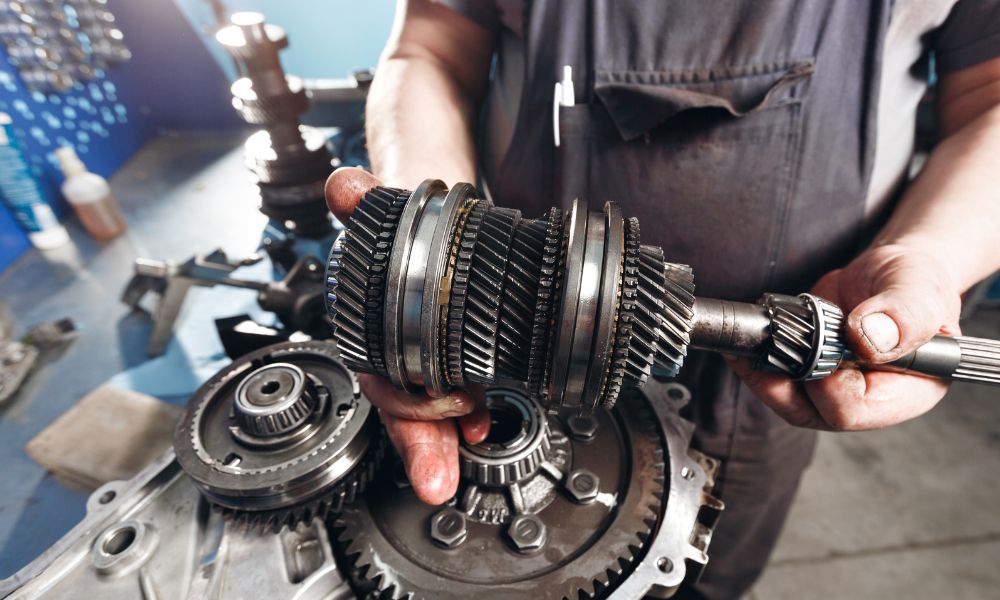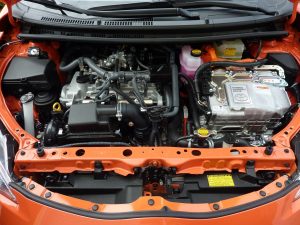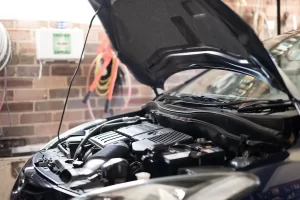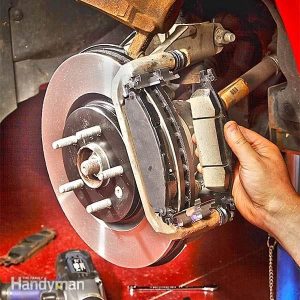For many drivers, transmission problems in their cars can be a cause of aggravation and worry. These issues can affect the vehicle’s longevity and performance, ranging from small irritations to major safety hazards. Drivers may guarantee smoother rides and prevent expensive repairs by being aware of typical transmission issues and how to resolve them.
Typical Problems with Transmission: Slipping Transmission
A slipping transmission is among the most frequent problems that car owners deal with. It happens when the transmission is unable to keep the car in the appropriate gear, which leads to an unplanned gear shift or loss of power.
Reasons for Transmission Slippage
A slipping transmission can be caused by a number of things, such as damaged gears, worn-out clutch bands, or low transmission fluid levels.
Slipping Transmission Symptoms
RPM swings, sluggish acceleration, or a burning smell coming from the transmission are some of the symptoms drivers may experience.
Remedies for Slipping Transmission
One way to fix a slipping transmission is to replace worn-out parts, check and replenish transmission fluid levels, or have a competent mechanic do a full checkup.
Leaks in Transmission Fluid
Leaks in the transmission fluid can seriously affect how well a car’s transmission works and how reliable it is. Damage to the transmission pan, loose connections, or worn-out seals can all be the cause of these leaks.
Reasons for Leaks in Transmission Fluid
Deteriorating gaskets, malfunctioning transmission lines, or damage to the transmission casing are common reasons of transmission fluid leaks.
Indications of Transmission Fluid Seepage
It’s possible for drivers to notice burning smells, red or brown puddles under the car, or trouble changing gears.
Fixes for Leaks in Transmission Fluid
In order to fix transmission fluid leaks, broken parts like gaskets, seals, or transmission lines must be found and replaced. It also entails keeping the right fluid levels maintained.
Untimely Engagement
When a transmission shifts into gear slowly, causing a lag in acceleration, it is referred to as delayed engagement.
Reasons for Postponing Engagement
Delays in engagement are frequently caused by worn-out clutch plates, low transmission fluid levels, or internal transmission damage.
Signs of Postponed Engagement
Drivers may perceive a hesitancy while changing gears or a delay in power delivery when accelerating.
Remedies for Postponed Engagement
To address the issue of delayed engagement, a competent technician may need to perform a diagnostic assessment, check and replenish the levels of transmission fluid, or inspect and replace worn-out clutch components.
Unusual Sounds
Strange sounds coming from the transmission system could point to underlying problems that need to be fixed right away.
Reasons for Odd Noises
Unusual sounds like clunking, grinding, or whining could be the result of worn-out bearings, broken gears, or inadequate lubrication.
Recognizing Odd Noises
In order to stop additional damage, drivers should pay attention to any strange noises coming from the transmission system and look into the source right away.
Remedies for Odd Sounds
It may be necessary to inspect and lubricate parts, replace broken ones, or have a qualified mechanic do a thorough inspection in order to address odd noises.
Overheating of the Transmission
Overheating of the transmission can seriously harm the system and jeopardize the safety of the car.
Reasons for Transmission Heat
Transmission overheating can be caused by various factors, including driving in extremely hot or cold conditions, pulling large loads, or having a defective cooling system.
Indications of an Overheated Transmission
When the system overheats, drivers may smell burning, see warning lights on the dashboard, or notice strange behavior from the transmission.
Remedies for Overheating Transmissions
In order to address transmission overheating, it might be necessary to install an additional transmission cooler for better heat dissipation, service the cooling system, or check and replenish transmission fluid levels.
The Value of Solving Transmission Issues
Neglecting transmission problems can result in expensive repairs, reduced fuel economy, and jeopardized vehicle safety. Through timely resolution of typical transmission issues, drivers may guarantee maximum efficiency and longevity of their automobiles.
Tips for Routine Maintenance to Avoid Transmission Problems
Frequent transmission maintenance can help avoid expensive transmission problems and increase the lifespan of the vehicle. Examples of this maintenance include checking and refilling the transmission fluid, looking for leaks, and following the required service intervals.
In summary
By 2024, common transmission issues will be resolved with prompt, professional technical assistance and a proactive approach to vehicle maintenance. Drivers can experience smoother rides and prevent unplanned breakdowns by being aware of the typical causes and symptoms of transmission problems and taking preventive action.
FAQs
How frequently should I check the amount of transmission fluid?
Checking transmission fluid levels is a good idea, usually every 30,000 miles or during regular oil changes.
I have a slipping transmission; can I still drive?
Operating a car with a slipping transmission can jeopardize vehicle safety and result in additional damage to the transmission system. It’s best to take care of the problem right away.
If I see leaks in the transmission fluid, what should I do?
To stop additional harm to the transmission system, you must quickly locate and fix the cause of any transmission fluid leaks you discover.
Is the problem of overheated transmissions frequent?
Under some circumstances, such as while towing large objects or driving in extremely hot weather, a transmission overheats. Overheating can be avoided with routine upkeep and observation.
How can I locate a trustworthy mechanic to fix my transmission?
It is advised to look for qualified experts or trustworthy auto repair facilities with knowledge in diagnosing and fixing transmission issues.




